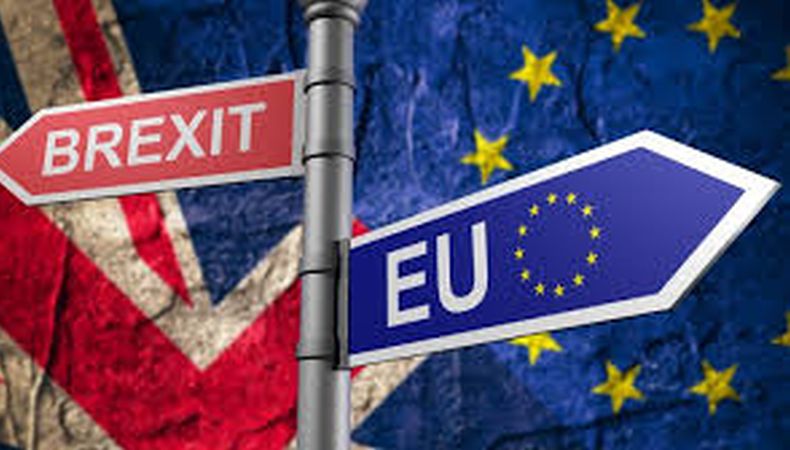The Brexit deadline is the 12th of April 2019. This week a Summit of EU Heads of State and Government on the 10th of April will try again to have the Withdrawal Agreement approved.
Initially, the European Commission made it clear that a further extension of the Brexit deadline to the 22nd of May would not be acceptable without an approval of the Withdrawal Agreement. At a later stage, the EU indicated that it would be ready to reopen discussions on the political declaration on the future relationship which is part of the Withdrawal Agreement.
The preparation in case of a no-deal Brexit scenario is ongoing on the side of the EU, the UK, and the Member States. Below you can find more information on the measures undertaken:
The EU
For the EU contingency plans for customs, taxation, and transport in case of a “no deal”, please see the videos with measures explained by European Commissioners Moscovici and Bulc.
With regard to the withdrawal of the United Kingdom of Great Britain and Nothern Ireland from the European Union, the EU issued several regulations concerning aviation safety, common rules ensuring air connectivity and basic road freight, and railway safety and connectivity:
- Regulation (EU) 2019/492 amending Regulation (EC) No 391/2009
- Regulation (EU) 2019/494 on aviation safety
- Regulation (EU) 2019/495 amending Regulation (EU) No 1316/2013
- Regulation (EU) 2019/501 on basic road freight and connectivity
- Regulation (EU) 2019/502 on common rules ensuring basic air connectivity
- Regulation (EU) 2019/503 on railway safety and connectivity
Port of Calais, France
Port of Calais has invested in new facilities to meet the requirements for customs and/or sanitary and phytosanitary checks and inspections for goods passing through the port in case of no-deal Brexit.
For veterinary, sanitary, and phytosanitary controls on import (from the United Kingdom to the European Union), it will be up to the declarant to obtain the necessary certificates from the competent British authorities before leaving the United Kingdom. The goods concerned are live animals, products of animal origin (meat, seafood, dairy products, egg products, honey etc.), products of animal origin not intended for human consumption, animal feed, and plants.
The Port of Calais will have a Veterinary and Phytosanitary Inspection Service (VAPIS) within the port itself, allowing checks and inspections to be carried out as soon as possible after disembarkation. For “fishery products” (wild and farmed), controls will be carried out at the Boulogne-sur-Mer VAPIS.
For more details, please see the information prepared by the French authorities:
- The flyer “Brexit: preparations for sanitary and phytosanitary controls”
- The flyer “Brexit sanitary and phytosanitary controls”
- The flyer “Smart border” is available in several languages:
– English – A smart border for smart drivers
– Deutsch – Intelligente Grenzlösungen für gut informierte Fahrer
– Español – Una frontera inteligente para conductores bien informados
– Português – Uma fronteira inteligente para condutores bem informados
– Italiano – Una frontiera intelligente per i professionisti del trasporto
– Polski – Dobrze poinformowany kierowca mądrze przekracza granicę
– Românesc – O frontieră inteligentă pentru șoferi bine informați - Port of Calais’ smart border: Anticipation, Identification, Automation, video
- Brexit customs guidelines
- Eurotunnel, Brexit
- French customs
- DFDS
- P&O Ferries
- Port Boulogne Calais
Sweden
There is a special rule on driving licences in the framework of Brexit in Sweden: when UK becomes a third country, the holder of a UK driving license has one year to qualify for a Swedish driving licence. This new, and in time limited, rule has to do with the driving licence being issued in the UK, and has nothing to do with the citizenship of the holder.
The Netherlands
After Brexit, the pre-notification of customs documents via Portbase is mandatory for all Dutch ferry terminals and most shortsea terminals. Transport companies have to check beforehand the status of the customs documents at the ferry terminal.
Regarding the entry summary declarations (ENS) for export from the Netherlands to the UK after the Brexit date, an entry summary declaration is not necessary for the first 6 months. For import from the UK to the Netherlands, in the Netherlands all Dutch ferry operators will submit the ENS to Dutch Customs for accompanied as well as unaccompanied transports.
Contingency measures in Kent, the UK:

